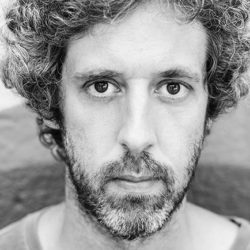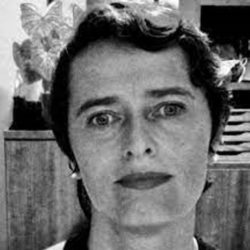Open Science: How and Why
Participant
Olavo Amaral
UFRJ

Olavo Amaral
UFRJ
Olavo Amaral is a professor in the Instituto de Bioquímica Médica Leopoldo de Meis in the Universidade Federal do Rio de Janeiro since 2009. He’s a physician and has a PhD in Biochemistry, and he used to research the neurobiology of memory, until he realized that studying science itself to make it more reproducible was more important than anything else he could do in the lab. From then on, he reinvented himself as an activist in the area of reproducibility and open science and became an ambassador for ASAPbio, an organization dedicated to promote transparency and innovation in scientific communication. He also writes fiction, tries his luck at journalism and is currently working on a book about the relationship between science and market in the definition of the frontier between health and disease.
ConferenceOpen Science: How and Why
Summary » Olavo Amaral
The idea of open science assumes that knowledge is a common good that must be shared. That said, several peculiarities of the academic environment impose obstacles to access and reliability of what is published, such as an incentive system based on publication and the lack of independent replications. Although systemic changes at the level of funders, institutions and journals are necessary to change this scenario, a good part of the path to a more open science passes through researchers themselves, and it can provide more rewards than sacrifices. In this lecture, we will cover some simple steps towards a more accessible, transparent and reproducible science, based on the experience of different areas of research in this regard.
